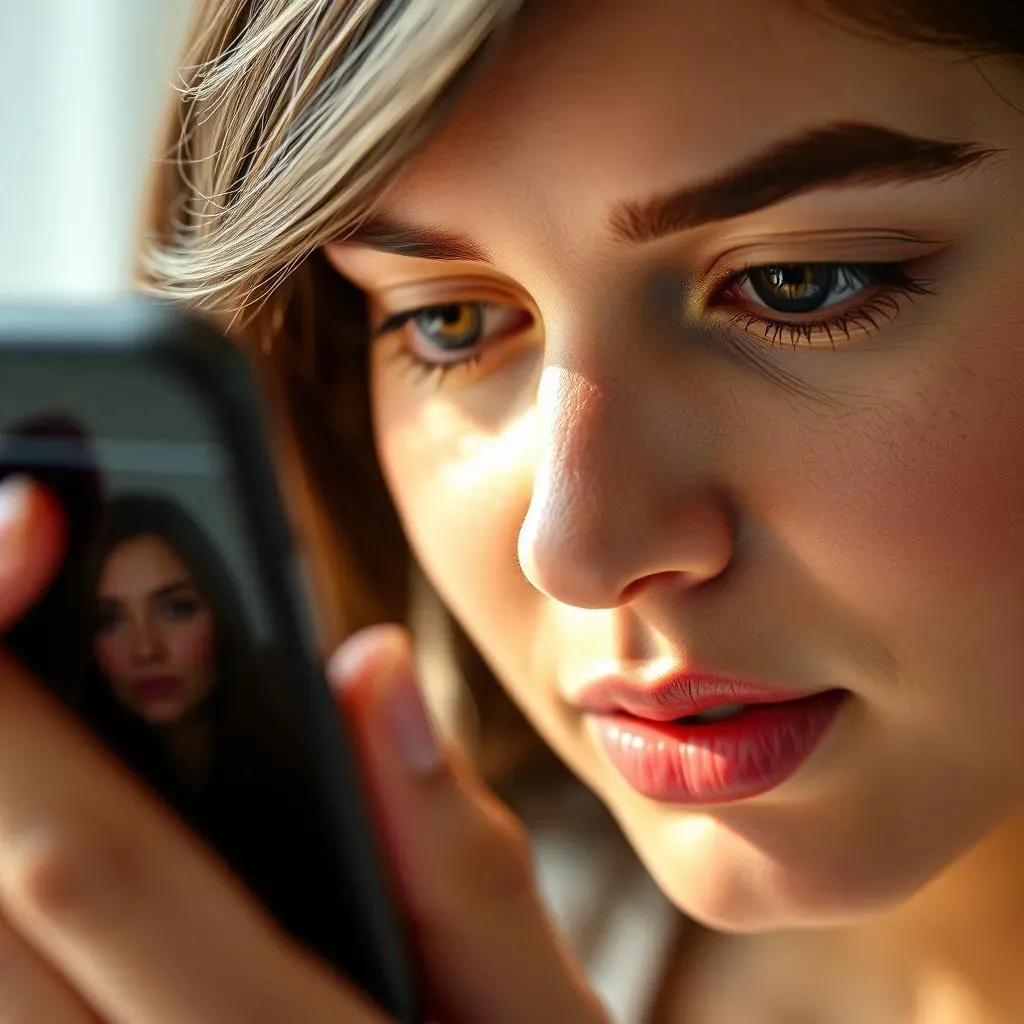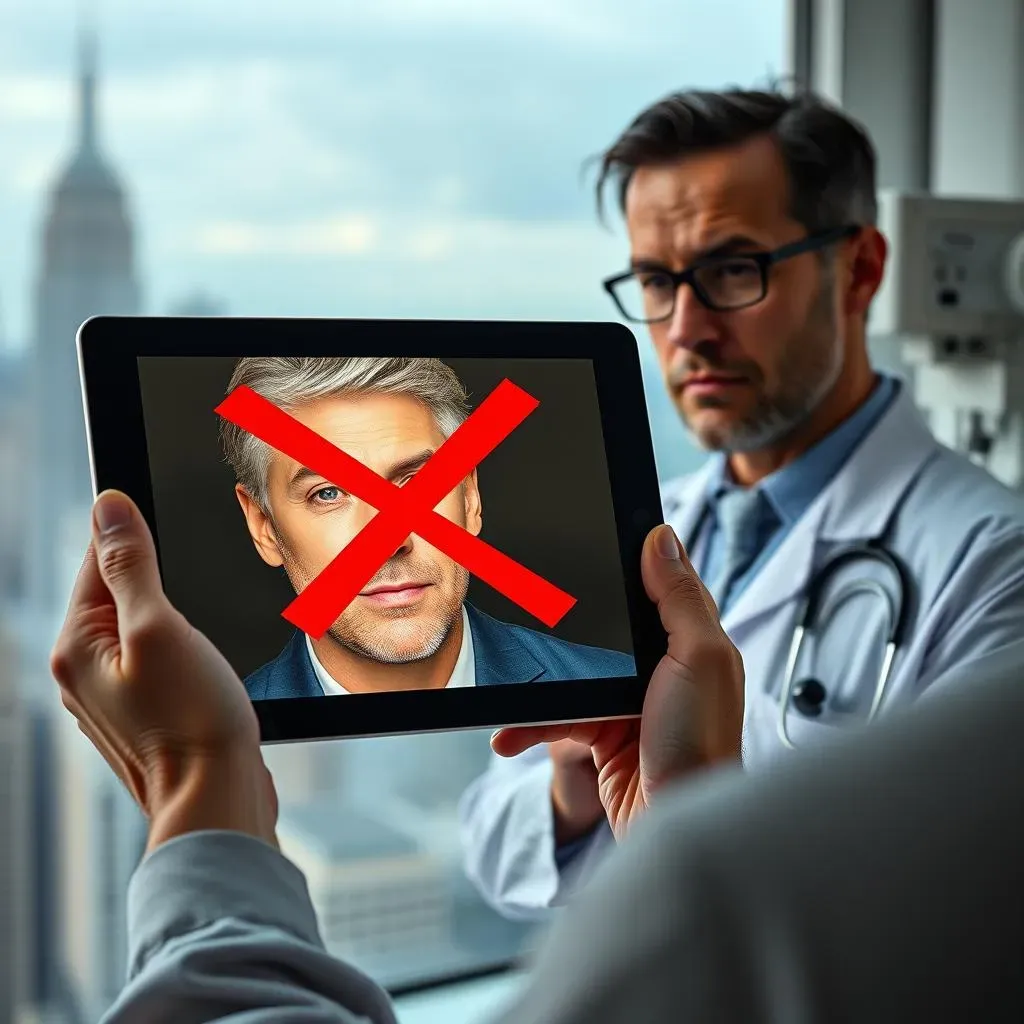Table of Contents
From Gwyneth Paltrow's Goop to other A-list endorsements, celebrity alternative medicine approaches have become increasingly prevalent, influencing millions. But how much do we really know about these trendy treatments? Are they miracle cures, harmless fads, or something in between? This article explores the fascinating world of celebrity-backed alternative medicine, examining the most popular trends and their impact on public health. We'll delve into the reasons behind the allure of these approaches, exploring the psychological and social factors driving their popularity. We'll uncover the influence celebrities wield, dissecting how their endorsements shape public perception and potentially impact healthcare choices. Finally, we'll provide a critical analysis, separating fact from fiction, helping you navigate the often-murky waters of celebrity alternative medicine approaches and make informed decisions about your own health and well-being. Get ready to uncover the truth behind the hype!
Popular Celebrity Alternative Medicine Approaches

Popular Celebrity Alternative Medicine Approaches
Ayurveda and Holistic Practices
Ayurveda, a traditional Indian medicine system focusing on holistic well-being, has gained significant traction among celebrities. Many A-list stars publicly endorse its principles of balancing mind, body, and spirit through diet, lifestyle, and herbal remedies. Gwyneth Paltrow, for instance, is a vocal advocate, frequently incorporating Ayurvedic practices into her wellness brand, Goop. This has led to a surge in public interest, with many seeking similar approaches to health and wellness. The emphasis on preventative care and natural remedies resonates with a growing segment of the population disillusioned with conventional medicine's limitations.
However, it’s crucial to remember that while Ayurveda offers a rich tradition, not all practices are scientifically validated. Some claims lack robust evidence, and the lack of regulation can pose risks. It's essential to consult with qualified practitioners and conduct thorough research before embarking on any Ayurvedic regimen. The popularity driven by celebrity endorsements doesn't automatically equate to safety or effectiveness.
Celebrity | Ayurvedic Practice | Reported Benefits (Anecdotal) |
|---|---|---|
Gwyneth Paltrow | Panchakarma detox | Improved energy levels, clearer skin |
Jennifer Aniston | Ayurvedic diet | Weight management, improved digestion |
Detoxification and Cleansing Trends
Detoxification and cleansing, often promoted as ways to rid the body of toxins, are popular among celebrities, frequently appearing in their social media and interviews. These approaches involve various techniques, from juice cleanses and fasting to colonics and specialized diets. While some may find temporary improvements in energy and well-being, it's important to understand the scientific basis (or lack thereof) behind many of these claims. The human body has its own natural detoxification systems, making external interventions largely unnecessary and potentially harmful in some cases.
The appeal of these methods often stems from the promise of rapid results and a perceived "reset" for the body. However, many lack rigorous scientific backing. Extreme detox methods can even be detrimental to health, leading to nutrient deficiencies, electrolyte imbalances, and other adverse effects. It's vital to approach detox programs with caution, prioritizing evidence-based approaches and consulting healthcare professionals for guidance. Celebrity endorsements should not be the sole determinant of your health choices.
- Juice Cleanses
- Fasting (intermittent or extended)
- Colonics
- Specific elimination diets
The Allure of CelebrityEndorsed Treatments

The Allure of CelebrityEndorsed Treatments
So, you're diving into the world of celebrity-endorsed treatments? It's a fascinating, and often frustrating, area! The main reason these treatments become so popular is simple: trust. We tend to trust people we admire, and celebrities are, let's face it, often put on a pedestal. When a star we love swears by a particular juice cleanse or crystal healing session, we're more likely to give it a try. This isn't necessarily a bad thing – we all look for recommendations, and celebrities just happen to have a very large platform to share theirs. But the problem lies in the lack of critical thinking that often accompanies this trust. We often forget that celebrities are not medical professionals and their experiences are not necessarily representative of what will work for everyone.
There's also the powerful influence of marketing and social media. Think about it: a carefully crafted Instagram post featuring a glowing celebrity using a particular product can be worth millions in advertising. This creates a powerful feedback loop: celebrities endorse treatments, their fans try them, and the treatments gain popularity, leading to even more celebrity endorsements. It becomes a self-perpetuating cycle, often fueled more by profit than by proven effectiveness. Remember, a celebrity's glowing skin might be due to a skilled makeup artist, not the miracle face mask they're promoting!
- Trust in admired figures
- Powerful marketing and social media influence
- Lack of critical thinking among consumers
- Self-perpetuating cycle of endorsements and popularity
Another significant factor is the aspirational aspect. We often want what celebrities have – their seemingly effortless beauty, their energy, their overall well-being. When a celebrity attributes these qualities to a specific alternative treatment, it taps into our deep-seated desire for self-improvement and a better version of ourselves. This desire, coupled with effective marketing, makes us more susceptible to believing in the promises of these treatments, even without concrete evidence. It's a clever exploitation of our human desire to emulate those we admire.
Finally, there's the element of mystery and the unknown. Many alternative treatments are shrouded in a sense of mystique, promising unique and often unexplained benefits. This can be particularly appealing to those who feel let down by conventional medicine or who are seeking solutions to problems that aren't easily addressed by traditional methods. The lack of clear scientific explanation can ironically add to the allure, creating a sense of exclusivity and potentially even a placebo effect. Remember that a lack of scientific understanding doesn't automatically equate to ineffectiveness, but it should definitely encourage a healthy dose of skepticism.
Factor | Impact on Consumer Behavior |
|---|---|
Aspirational element | Desire to emulate celebrities' perceived well-being |
Mystery and the unknown | Appeal to those seeking unique or unexplained solutions |
Placebo effect | Belief in treatment's effectiveness can lead to perceived benefits |
Celebrity Influence and the Spread of Alternative Medicine Approaches

Celebrity Influence and the Spread of Alternative Medicine Approaches
Celebrities wield immense influence, shaping trends and impacting consumer behavior across various sectors, including healthcare. Their endorsements of alternative medicine approaches can significantly boost the popularity of specific treatments and practices, often regardless of scientific evidence. This influence is amplified by social media, where celebrities reach vast audiences with carefully curated images and messages promoting their preferred wellness routines. A simple Instagram post featuring a celebrity using a particular product can generate significant buzz and drive sales, creating a powerful marketing machine that bypasses traditional advertising routes. This phenomenon is particularly pronounced with younger audiences who are more likely to trust the opinions of their idols and less likely to critically evaluate the claims made.
The impact extends beyond simple product placement. When celebrities openly discuss their experiences with alternative therapies, they normalize these practices and make them seem more accessible and legitimate. This can lead to a ripple effect, encouraging others to try similar treatments, even if they lack scientific backing. This can have both positive and negative consequences. While some alternative therapies may offer genuine benefits, the lack of regulation and scientific scrutiny can create risks for consumers who blindly follow celebrity endorsements. It’s crucial to remember that celebrities are not medical professionals, and their personal experiences should not be considered definitive proof of effectiveness.
- Social media amplification of celebrity endorsements
- Normalization of alternative practices through celebrity discussion
- Increased accessibility and perceived legitimacy of treatments
- Potential risks associated with unregulated therapies
The spread of information, particularly misinformation, is also significantly influenced by celebrities. Their endorsement of unproven or even potentially harmful treatments can lead to widespread adoption and a decrease in trust in evidence-based medicine. This is particularly concerning when it involves serious health conditions, where misinformation can have life-threatening consequences. The need for critical thinking and media literacy is paramount in navigating the complex landscape of celebrity-endorsed health trends. Consumers should be empowered to question claims, seek out credible sources of information, and consult with healthcare professionals before making any significant changes to their healthcare routines.
Furthermore, the influence extends beyond individual choices. Celebrity endorsements can impact healthcare policy and research funding. The increased demand for certain alternative therapies, driven by celebrity influence, can lead to calls for greater research into these areas, even if the initial evidence is weak or non-existent. This can divert resources from research into more promising treatments, potentially hindering progress in evidence-based medicine. It's a complex interplay of factors that highlight the significant responsibility celebrities have in promoting health and wellness information to their vast audiences. Their influence is undeniable, and responsible use of that influence is crucial.
Impact Area | Positive Consequences | Negative Consequences |
|---|---|---|
Public Awareness | Increased awareness of alternative therapies | Spread of misinformation and potentially harmful practices |
Healthcare Policy | Increased research funding for certain therapies | Diversion of resources from evidence-based medicine |
Consumer Behavior | Increased access to complementary therapies | Uncritical adoption of unproven or harmful treatments |
Critical Analysis of Celebrity Alternative Medicine Approaches

Critical Analysis of Celebrity Alternative Medicine Approaches
So, you're diving into the critical analysis of celebrity alternative medicine approaches? Excellent! It's a minefield of fascinating contradictions. The key is to separate the wheat from the chaff – the genuine, potentially beneficial practices from the pure hype. We need to look beyond the glamorous veneer of celebrity endorsements and examine the underlying scientific evidence. Does the treatment have a plausible mechanism of action? Has it undergone rigorous testing? Are there reputable studies supporting its effectiveness? If the answers are unclear or negative, it's time to raise a skeptical eyebrow. Remember, correlation doesn't equal causation. Just because a celebrity claims a treatment cured their ailment doesn't mean it will work for everyone, or even that it was the treatment that caused the improvement. Many factors can influence health outcomes, and attributing success solely to one treatment is often an oversimplification.
One crucial aspect is understanding the potential risks. Some alternative treatments, while seemingly harmless, can interact negatively with prescription medications or exacerbate underlying health conditions. Others may lack proper quality control, leading to inconsistent results or even harmful side effects. A critical analysis requires acknowledging these potential downsides and considering the overall risk-benefit ratio. It's not about dismissing alternative therapies outright; it's about evaluating them with the same rigor we apply to conventional medical treatments. Think of it as a detective investigation: you need to gather evidence, question assumptions, and avoid jumping to conclusions based on limited information or anecdotal evidence. Celebrity endorsements should be viewed as marketing, not medical advice.
Aspect of Critical Analysis | Questions to Ask |
|---|---|
Mechanism of Action | How does the treatment supposedly work? Is the mechanism scientifically plausible? |
Scientific Evidence | Are there reputable studies supporting the treatment's effectiveness? What is the quality of the evidence? |
Potential Risks | What are the potential side effects or interactions with other medications? |
Risk-Benefit Ratio | Does the potential benefit outweigh the potential risks? |
Another important lens through which to view celebrity endorsements is the financial aspect. Many celebrities profit from promoting alternative treatments, creating a conflict of interest that needs to be considered. Their endorsements are often part of a larger marketing strategy aimed at increasing sales and brand recognition, not necessarily at improving public health. This doesn't automatically invalidate the treatments themselves, but it does raise questions about the motivations behind the endorsements and the objectivity of the information being presented. A critical analysis must always take into account the potential for bias and financial incentives. Look for independent reviews and research, not just information provided by the companies selling the products or services.
Finally, remember the importance of seeking professional medical advice. While exploring alternative therapies can be a valid part of a holistic health approach, it should never replace the guidance of a qualified healthcare professional. A doctor can help you evaluate the safety and efficacy of any treatment in the context of your individual health history and needs. They can also help you avoid potentially dangerous interactions between alternative therapies and conventional medications. A critical approach to celebrity-endorsed treatments involves a healthy dose of skepticism, a thorough investigation of the evidence, and a reliance on the expertise of trained medical professionals. Don't let the allure of celebrity endorsements overshadow the importance of evidence-based healthcare.
- Investigate the financial interests of the celebrity and the company.
- Look for independent reviews and research, not just information from the company itself.
- Consult with a healthcare professional before starting any new treatment.
- Be wary of testimonials and anecdotal evidence; prioritize scientific studies.